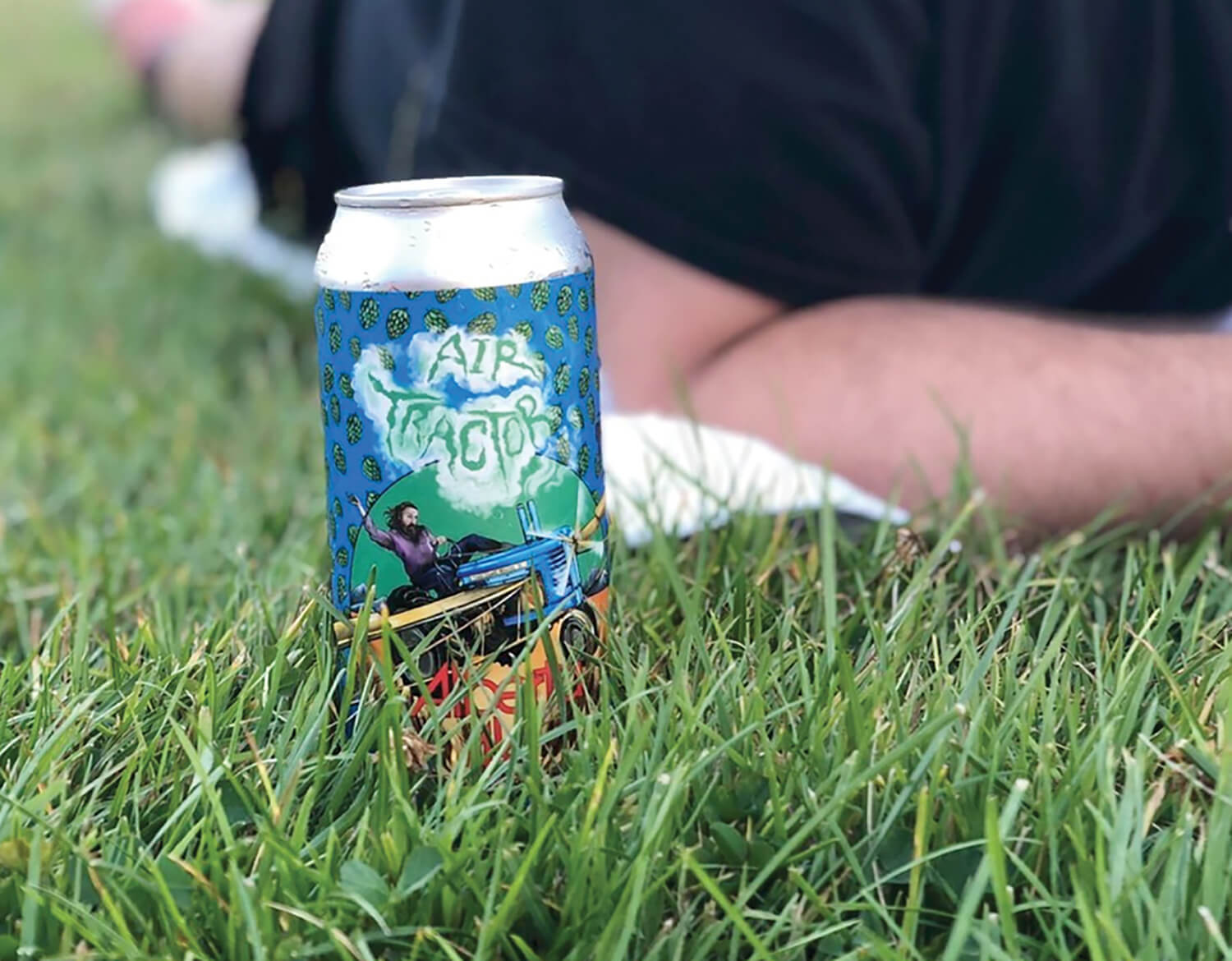No matter how often I travel to Europe (back when people did that sort of thing), I always get a little illicit thrill from going into a store, buying a beer and cracking it open on the street.
It always feels a bit decadent to drink in a park in London because it’s mostly still illegal here, thanks to liquor laws that are shaped by the Prohibition era of the early 20th century as opposed to any modern thinking.
There are signs that things may be finally starting to change. Earlier this year, the City of Edmonton conducted a public survey on the possibility of allowing alcohol at designated picnic sites. In April, city council approved a pilot project that allows alcohol consumption in designated areas of seven selected Edmonton parks.
Decades of experience in other parts of the world show that people are capable of responsibly enjoying an al fresco drink or two. As someone who enjoys good food, a good beer and the outdoors, I’d like the opportunity to bring all those things together — and I’m betting others do, too.
I’m not sure what role the pandemic played in the city’s move to examine the issue, but I’d argue that it should definitely factor into its decision making: If there are any new or renewed bans on indoor gatherings, being able to gather and socialize outdoors (as far as any future restrictions will allow) will help us all get through this with our sanity somewhat intact.
That’s what the beer fan in me says, anyway. But the journalist in me says the issue is more nuanced. After all, addiction, impaired driving and alcohol-fuelled violence are serious issues. Could my selfish desire to legally drink a beer in the park open the door for more societal problems?
“It’s not cut-and-dried what the impact would be,” says Dr. Don Voaklander, director of the Injury Prevention Centre at the University of Alberta.
A vital consideration, Voaklander says, is unintended consequences: A lot of well-meaning public policy decisions can play out in perverse ways. For example, jurisdictions that have mandated earlier closing hours for bars in an effort to reduce public drunkenness and related violence discovered that it often prompted people to binge drink as last call approached.
